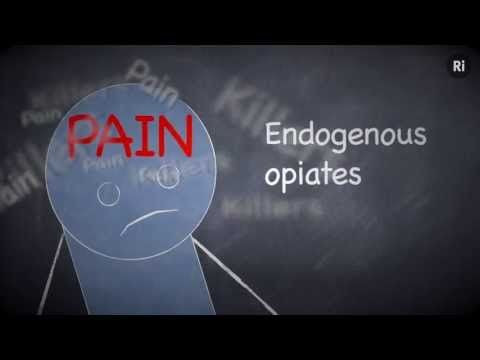The Placebo Effect Is An Evolutionary Hand-Me-Down: Why It Works So Well

Doctors have been using the placebo effect for years as a way to test which drugs actually make patients healthier and which ones are just tricks of the mind. But even more curious than the effect itself is why such an effect should work at all. So why does it?
Evolutionary psychologists like to tackle problems like these, and Professor Nicholas Humphrey happens to be interested in this exact one. Inside the brain are endogenous opiates — think of them as the body’s natural painkillers. Scientists can inject a saline solution into an injury site (and have done so) and the false advertisement that you’re receiving painkillers is enough to get your brain releasing its own brand of them. So, you heal yourself.
But that’s just the how of placebo effects; the why demands a longer timeline. Our prehistoric ancestors couldn’t wait around for an EMT crew to arrive. If something hurt, they needed pain relief fast. And, importantly, they couldn’t let their guards down physiologically. With today’s many modern comforts, Humphrey explains, we don’t need to be so careful. Our hardwired painkillers don’t need to work as hard. As a result, they only show up when help is actually on the way.
“The only reason we don’t [heal ourselves right away], and this must be the explanation, is it isn’t actually in our interests to cure ourselves immediately, whatever the circumstances,” Humphrey said. Pain and fever are the results of illness. In the past, we’d be at a disadvantage to mask them with immediate relief; the illness still exists, after all. But today’s luxuries let us relax. Placebos may indeed be the happy accident of a modern body working too hard.
Published by Medicaldaily.com



























